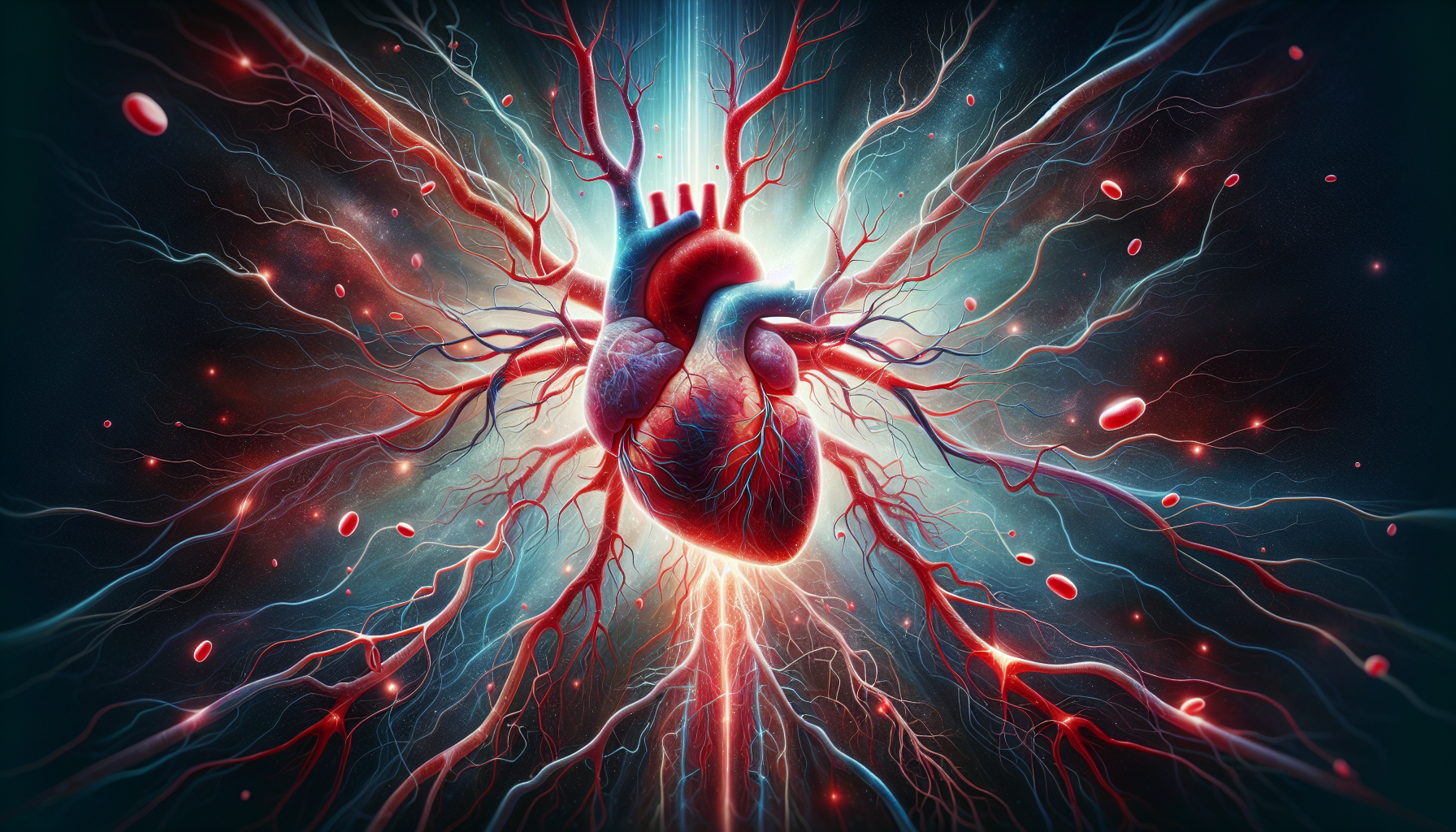Every day, the blood coursing through your body covers an astonishing 80,000 kilometers, enough to circle the Earth twice!
But have you ever thought about the incredible journey your blood takes?
It's an adventure more thrilling than a high-speed chase, happening right inside you.
This hidden journey is vital to your health, fueling your cells and fighting off diseases with every beat of your heart.
At the heart of this journey is the heart itself, pumping five liters of blood per minute through an extraordinary network of 60,000 miles of arteries, veins, and capillaries.
These blood vessels work together, like a finely tuned superhighway system, to deliver oxygen and nutrients to every cell in your body.
And when the blood picks up waste from your tissues, it delivers it back to the lungs to be expelled from the body.
Each drop of blood plays a unique role.
Your red blood cells are the carriers of oxygen, distributing it to organs and tissues that need it most.
Your white blood cells act as soldiers, protecting you from infections and diseases, while your platelets rush to stop any bleeding, forming clots to prevent blood loss.

The journey starts with the heart, which pumps oxygen-rich blood through the arteries, sending it to various parts of the body.
The heart's role is crucial: it's the conductor of this life-sustaining symphony.
As blood flows, it is guided by the arteries, which split into smaller vessels called arterioles, and then into the finest, tiniest vessels - the capillaries.
Here, oxygen and nutrients are exchanged for waste products like carbon dioxide, which your body doesn't need.
Once the blood is "spent," carrying waste and lacking oxygen, it flows back through venules and veins, heading back toward the heart.
Along the way, veins carry the blood through the lungs, where it picks up fresh oxygen and releases carbon dioxide.
This process is what keeps your blood oxygenated, ready for the next cycle of delivery.
But this intricate system does not stop there.
Your circulatory system is also vital for temperature regulation, keeping your body at a steady, healthy temperature, and it even helps regulate hormones and immune responses.
It's truly remarkable how your blood never stops.
This continuous journey allows your body to function efficiently, day in and day out.
Yet, we rarely think about it, as it all happens automatically.
That's why it is so essential to take care of your circulatory system - because when your blood flows smoothly, so does your health.
With all the pressure on this system, how does your body keep the blood flowing uninterrupted?
The answer lies in a perfect balance of pressure, elasticity, and the incredible function of valves in your veins, which keep the blood from flowing backward.
Your body's mechanisms work tirelessly to keep everything in check.
So, how does this miraculous system affect your health?
What happens when things go wrong, like when blood flow is restricted, or the heart can't keep up with the demand?
It's crucial to understand how to maintain the health of your heart and blood vessels through exercise, a healthy diet, and regular check-ups.
By doing so, you ensure that your circulatory system keeps performing this vital, life-sustaining journey every day.
Do you ever think about how your body keeps this intricate journey going?
Have you had any major issues with your heart which could have been prevented if you would had known more about heart health?
Drop a comment below!

